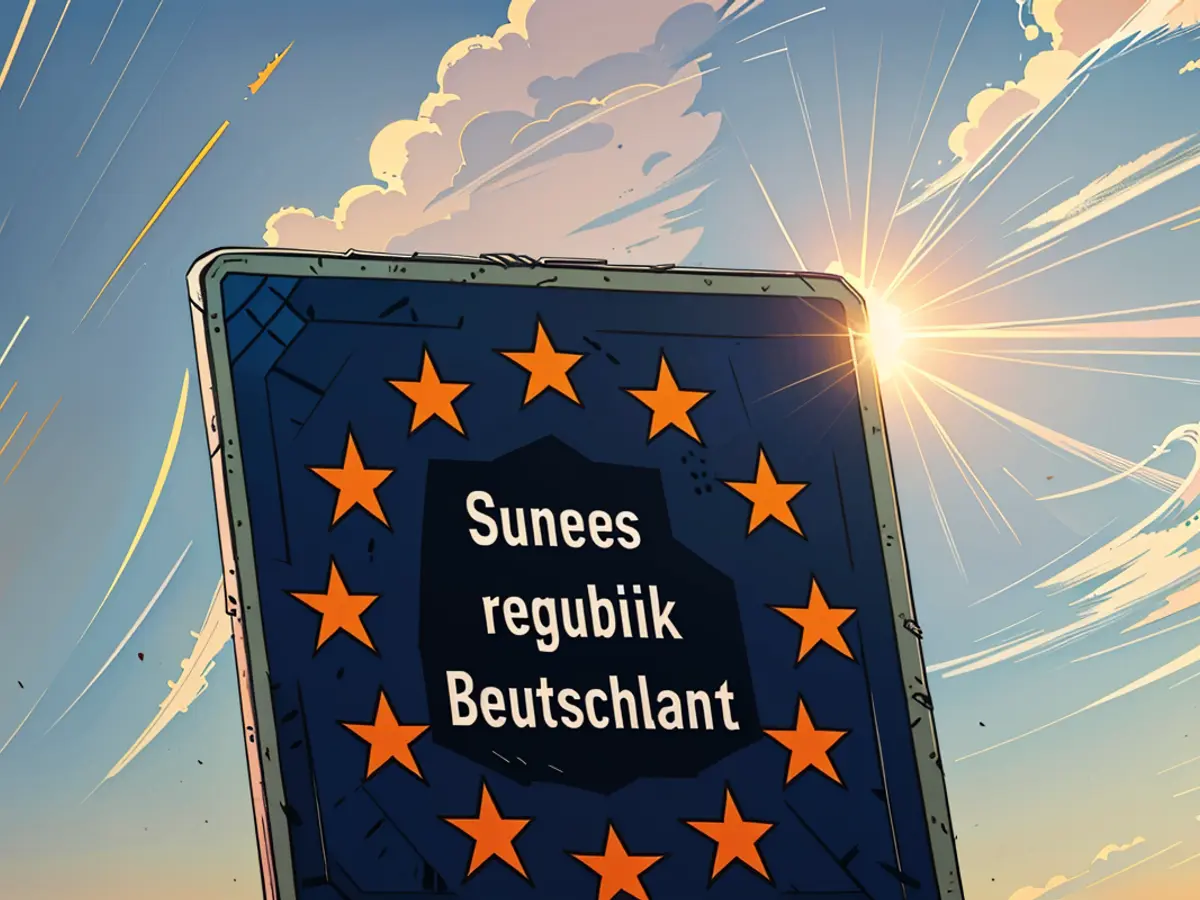post-disagreement accusations following unsuccessful asylum negotiations
Leader of the SPD, Lars Klingbeil, pointed the finger at CDU leader Friedrich Merz for the collapse of negotiations. He stated to Bild newspaper, "The Union turned down our olive branch. Friedrich Merz's approach was to ensure these discussions fell apart."
Green Party's Foreign Minister, Annalena Baerbock, also took aim at the CDU and CSU representatives for ending the talks and accused them of lacking unity. "Security policy and European policy rely on teamwork," she told Redaktionsnetzwerk Deutschland (Wednesday edition). "It's evident that not all the men joining the discussions in the Interior Ministry shared this team spirit. That's why they walked away from the discussions," Baerbock criticized.
The negotiations came to an end on Tuesday afternoon following around two hours. CDU/CSU representative Thorsten Frei confirmed that no common outcome was achieved. "Whatever the traffic light coalition proposed wouldn't result in additional rejections - not a single one," he emphasized.
The Union had demanded refugee rejections at Germany's borders as a prerequisite for their involvement in the negotiations. The traffic light government expressed regret over the breakdown. Blame games commenced shortly after the failure.
Finance Minister Christian Lindner (FDP) commented that the CDU made a strategic blunder. "The CDU is correct in demanding border rejections, and the traffic light coalition is also prepared for this," Lindner mentioned to Table Media.
"We're prepared to adopt the CDU's model, but then everyone should share the administrative risks," Lindner insisted, referring to the potential legal risks of rejecting asylum seekers at Germany's borders.
Both sides emphasized that further negotiations on tightening migration policy were feasible. "Today's talks with the Union's failure should not mean failure in combating illegal immigration into our country," explained Federal Justice Minister Marco Buschmann (FDP). "Regardless of all party-political differences that divide us daily, serious democrats in Germany regularly meet to tackle major political challenges. We're also ready for further talks."
CDU representative Thorsten Frei also expressed continued readiness to cooperate. "We won't retreat into a corner," he said. If the coalition proposes, the Union will "constructively participate."
The Green Party's critique extended beyond the CDU members, as Annalena Baerbock also criticized some representatives within the 'Ministry of the Interior' for lacking unity during the negotiations. Despite the collapse of talks, the Federal Justice Minister Marco Buschmann (FDP) expressed hope for future negotiations on tightening migration policy.







